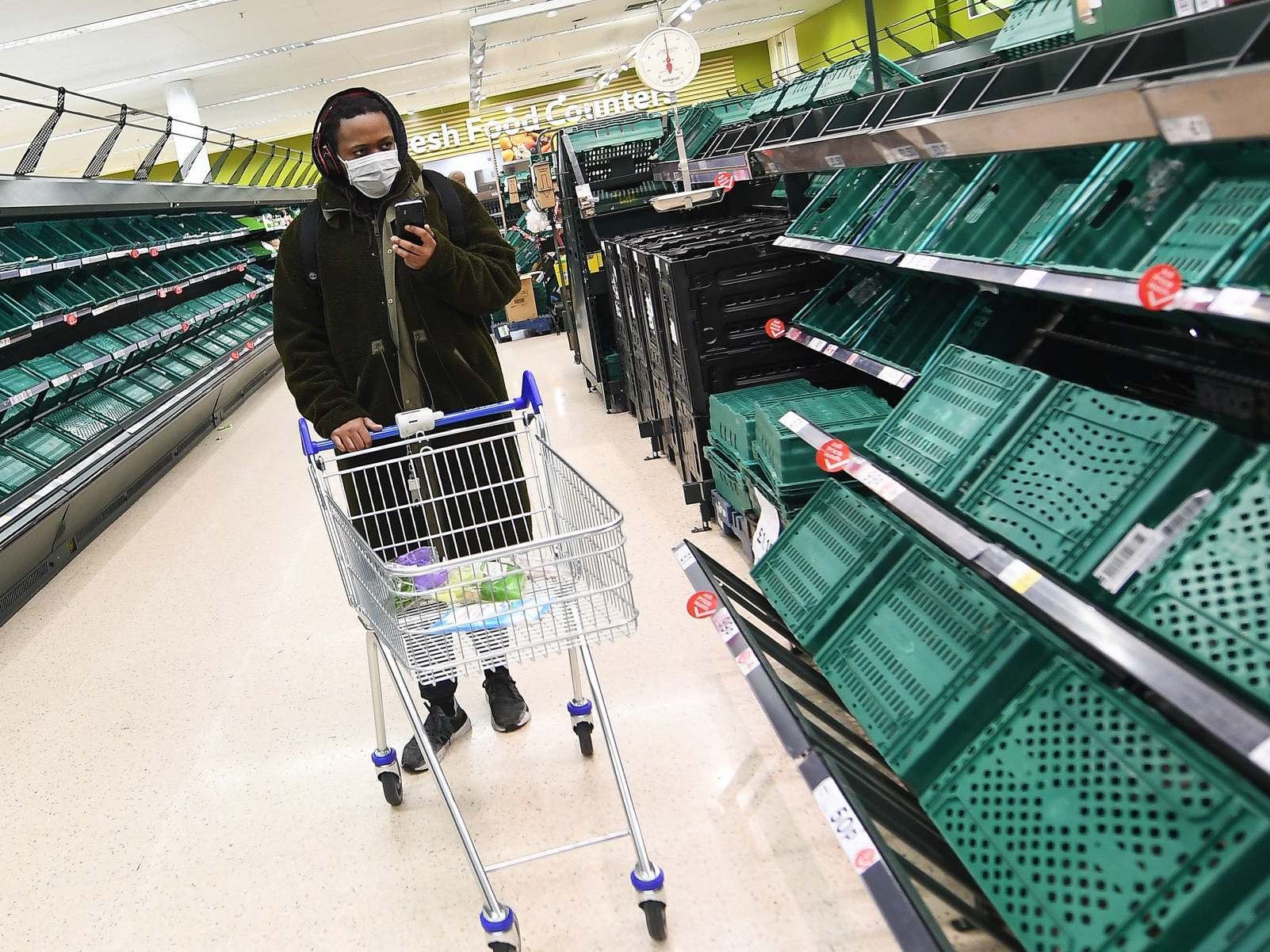From productivity to entertainment, coronavirus will change our world more than we think
We will all be forced to reassess our lives, maybe in ways that will surprise even ourselves, writes Hamish McRae


How will coronavirus change our lives in the long term? The pandemic is a shock on many levels and it will be hard to calibrate the scale of the change – or rather, we will have to keep recalibrating as new and more disturbing information comes in. But no matter the course, we can feel relief that this will end at some point. This is why it is worth asking about the long-term impact. So what do we know?
We know that shocks reinforce social and economic changes that are already taking place. The First World War sped up the emancipation of women; the Second World War speeded up the creation of the welfare state. Apply that now and there are several obvious examples that are already evident.
Top of the list is ordering goods online and having them delivered instead of physically shopping for them. In the UK 20 per cent of retail sales are online and the proportion is rising by a little over 1 percentage point a year. Ten years ago it was less than 10 per cent, and it peaked at 21.5 per cent in December, falling back to 19.9 per cent in January. Expect that to jump this spring and summer. It is plausible that it could reach 50 per cent or more in the coming weeks if many shops are forced to close. That will fall back as normal life resumes, but it will not come back to 20 per cent, and it could settle at one-third or more – though my guess would be more like 25 per cent.
That will have knock-on impact on the high street. More shops will close and we will have to figure out how to use city centres differently. Will they become places for entertainment? Will more people choose to live there? That is not so clear, for it is easier to observe decline than envisage revival. But we will need to think creatively about this, and this shock will force us to do so.
The other very obvious shift is the one to remote working. That has been gradually rising for all sorts of reasons, and people who have switched report lower stress and greater productivity. But it is not easy to know what services can genuinely be done from home, and when the quality of output declines.
There is a technical issue over broadband speed, but that does not seem to be the main barrier. The greater barrier has been the difficulty of rethinking work patterns and creating a cooperative work ethic when people cannot be in the same place as each other. We are going to learn a huge amount about this in the coming weeks.
I can see three tests here. One is productivity. Does it really rise and at what stage does it tail off? A second is consumer satisfaction. Is a virtual conference with a GP as good as visiting the surgery, or a virtual university lecture as good as being in the room with the professor? And a third is whether, after a while, workers like it? We are social animals. Can we really adjust to not seeing our work colleagues?
However, it is clear that there has been a gradual shift towards remote working and that will speed up. More than that, it will also get better, in that we will improve and adjust our work practices: less time wasted in meetings, perhaps.
There will also be impacts on the structure of different industries. There is a huge question mark over travel and tourism. This accounts for between 10 per cent and 11 per cent of global output. International tourism in particular is a booming industry but now has been destroyed for this year. Because it was growing it ought to recover – it was not an industry already in decline. But I wonder whether there will be some lasting damage to some sectors, the cruise lines for example. That is something we cannot know.
And restaurants, bars, nightclubs? There is one established trend here that will pick up speed – the shift to takeaway meals. For many restaurants this is a matter of survival, and I suspect that even when the pandemic passes, some of that shift will stick. In other words, sure, we will still go out for a drink or meal, but maybe do so a bit less often. We are social animals, but we may become a bit less social in the months ahead.
That leads to a final point. How will we reassess our lives as a result of a set of experiences that we have never had before? Will we become calmer or more agitated? Be happier to live for the day or become more cautious about an uncertain future? Trust governments more, or just trust ourselves? I don’t think any of us can know this at the moment, but those questions do matter. We will be changed by all this, and maybe in ways that will surprise even ourselves.
Join our commenting forum
Join thought-provoking conversations, follow other Independent readers and see their replies
Comments
Bookmark popover
Removed from bookmarks